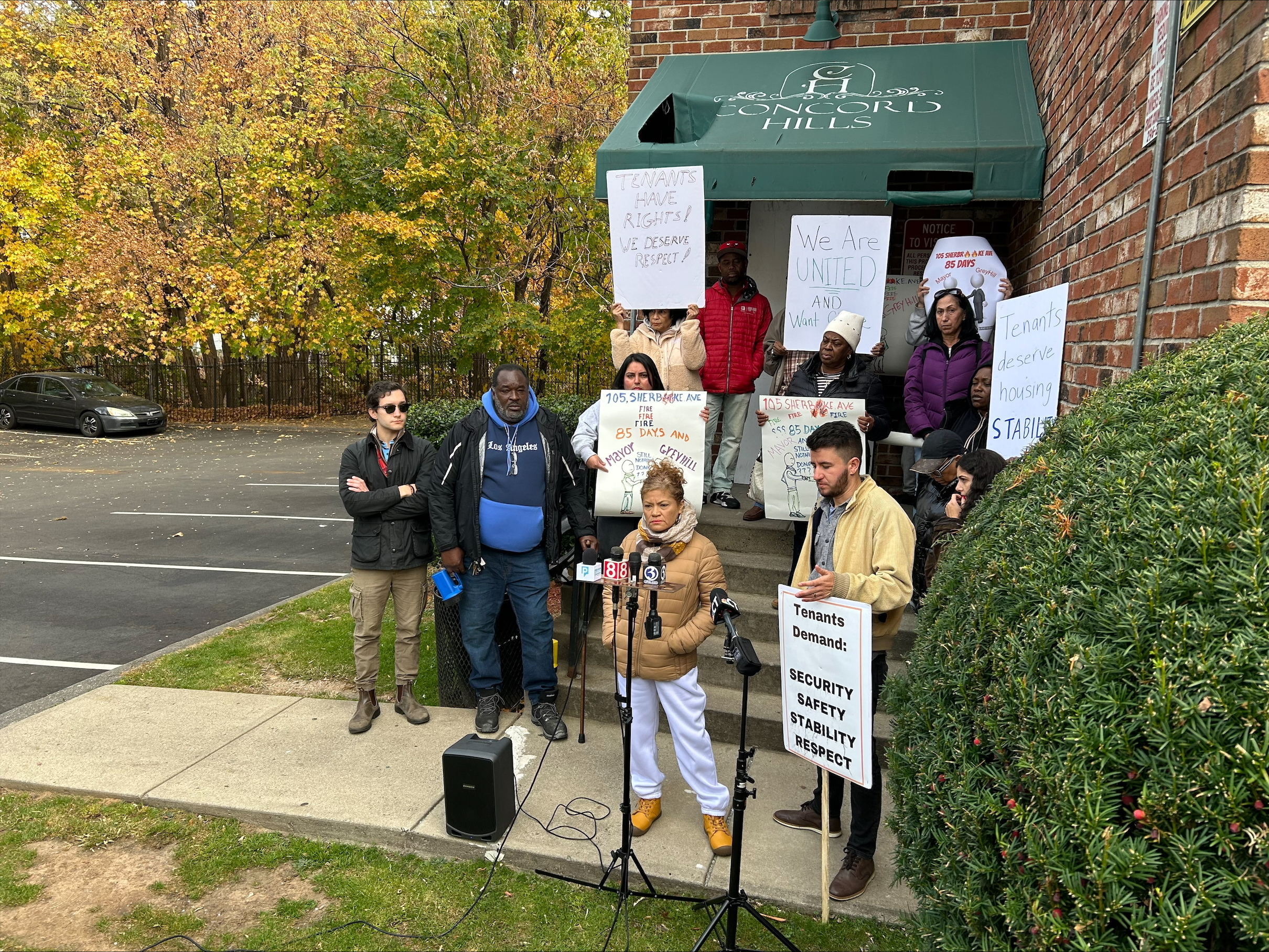As students return to the classroom in Connecticut, many are starting the year with free lunch. But, depending on what school they attend, students might have to start paying for school meals before the year ends.
The federal program that provided free school meals during the pandemic has expired. Now, as schools transition back to the pre-pandemic National School Lunch Program, the state is stepping in to help provide free meals for a little while longer.
The Connecticut State Department of Education has $30 million in School Meals Assistance Revenue for Transition (SMART) Funds. The funding will allow eligible schools, that choose to opt in, to provide free meals until the allocated state funding dries up.
According to the CSDE, all eligible schools have opted in for the state funding.
Get top local stories in Connecticut delivered to you every morning. Sign up for NBC Connecticut's News Headlines newsletter.
It is not clear when the state funding will run out. It is designed to be a one-time, temporary program.
"To help the families transition from full free to having to pay," said Erin Perpetua, president of the School Nutrition Association of Connecticut.
Schools are encouraging parents to fill out the form now, during this transition period, to see if their child is eligible for free and reduced lunch.
Local
"So this way it is already in place. Eligibility is already in place and there is no break in the system," said Carol Dodson, nutrition director for Montville Schools. "If they are free now and they got approved for free, it will continue. It they are free now and they got reduced, they will know."
"We want everybody to be prepared," said Michael O'Farrell, director of communications at Norwich Free Academy. "So fill out the form now and then you will be one step closer once the funding dries up."
Schools that have been approved for a Community Eligibility Provision (CEP) do not qualify for the SMART funds. CEP schools must provide free breakfast and free lunch and they will not be impacted by the pandemic program expiring.
The state's education commissioner, Charlene Russell-Tucker, emphasized the important role that proper nutrition plays in a student's success.
"Students who are hungry will not learn as much and so it's critical," said Russell-Tucker.



